Why Does My Cat Drool When He Purrs? (Revealed)
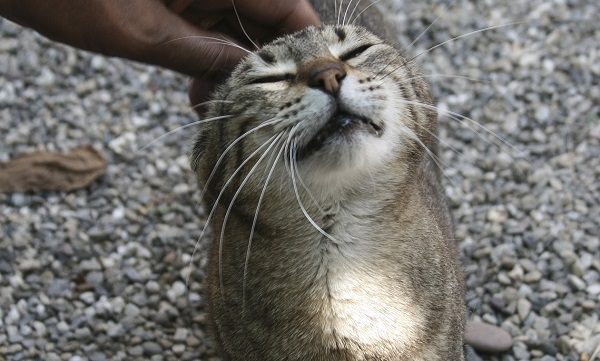
Ever wondered why your adorable purring furball transforms into a drooling machine at times?
Worried sick about your cat's health?
Today, let's dive into the mysterious realm of feline behavior together, because finding answers shouldn't be a solo mission. 😺
Let's unravel this drooling dilemma!
Is It Normal for a Cat to Drool While Purring?
Yes, it is normal for cats to drool while purring. It occurs when their mouth muscles relax, indicating contentment and happiness. However, excessive drooling or drooling accompanied by other symptoms should be checked by a vet to rule out any health issues.
Yes, it's totally normal for your cat to drool when he purrs.
When your cat is happily purring away, his mouth muscles tend to relax, which can cause a little bit of drool to come out.
It's like he's so relaxed that the drool just wants to join in on the purr party!
But let me clarify something - drooling isn't always a sign of pure bliss. Sometimes, cats can drool because they're in pain or discomfort, which can understandably confuse us as cat owners.
However, when your cat drools while purring, it's usually a sign that he's content and happy.
If you're concerned about drool stains, don't worry. Cat drool is no match for a trusty wet towel.
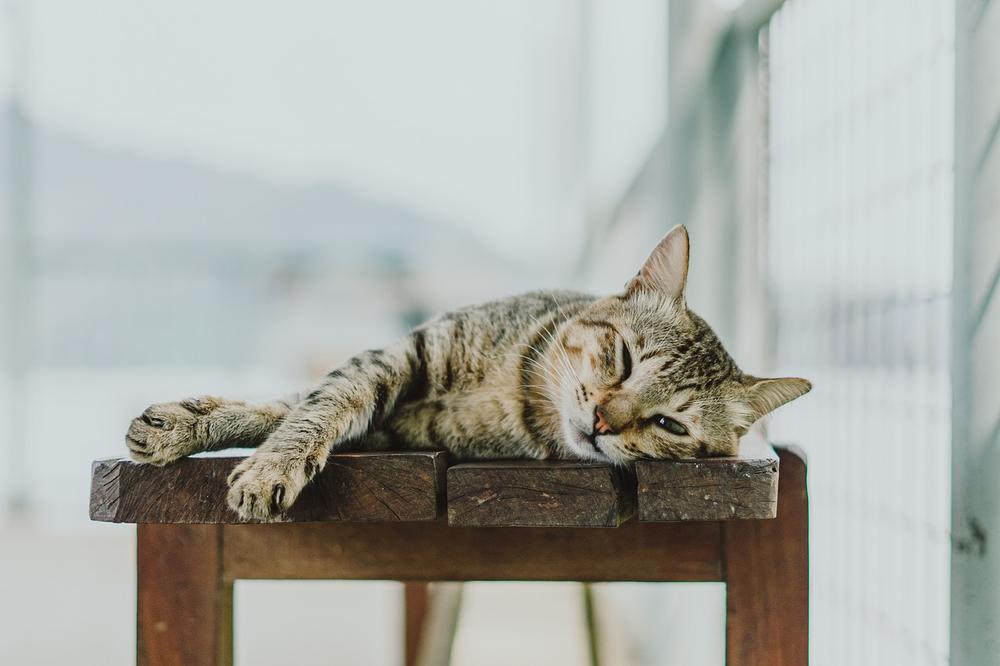
It's super easy to clean up, without leaving any unsightly marks.
Now, you might be wondering, is it common for cats to drool while purring?
Well, it's not as common as it is in dogs, but some cats do engage in this slobbery behavior when they're feeling extremely happy.
Just keep an eye out for any excessive drooling or drooling accompanied by other concerning symptoms.
In those cases, ensure to consult with your vet to rule out any possible health issues.
So go ahead, sit back, relax, and enjoy the purrs (and occasional drool) from your furry feline friend!
Main points I'll expand upon further down this article:
- Cats drool when they are happy or content.
- Drooling during kneading can indicate happiness, not sickness.
- Drooling can happen when cats associate kneading with getting food.
- Drooling can be a result of consuming unpleasant food or toxins.
- Fear and stress can cause uncontrolled drooling and purring in cats.
- Dental problems, injuries, and infections can cause excessive drooling.
- Excessive drooling may require a visit to the vet.
- Create a comfortable and stress-free environment for your cat.
- Monitor excessive drooling closely and seek veterinary attention if necessary.
- Regular wellness exams are important for detecting potential health issues early on.
But what about those times when your cat drools excessively?
Is there a cause for concern?
Let's dive into the reasons why cats might drool more than usual and what it could mean for their overall health and happiness...
Reasons Why Cats Drool When They Purr
If you've ever noticed your cat drooling while purring, you might be wondering why it happens and if it's normal. Well, let me tell you, there are actually a few reasons behind this adorable phenomenon.
One of the main reasons is because when you pet your cat, it releases happy hormones that make them feel good.
This leads to muscle relaxation and increased saliva production.
So, when your cat is feeling content and relaxed, his mouth relaxes too, causing saliva to start trickling out.
You see, if your cat drools while purring and kneading on you, it's actually a positive sign!
It means your cat is happy and enjoying the moment.
The drooling and even a running nose during kneading are all part of the bliss they experience.
In fact, sometimes cats associate kneading with getting food, so drooling can be an anticipation of mealtime.
It’s like they're so excited that they can't contain themselves, and drooling is just one way for them to show it.
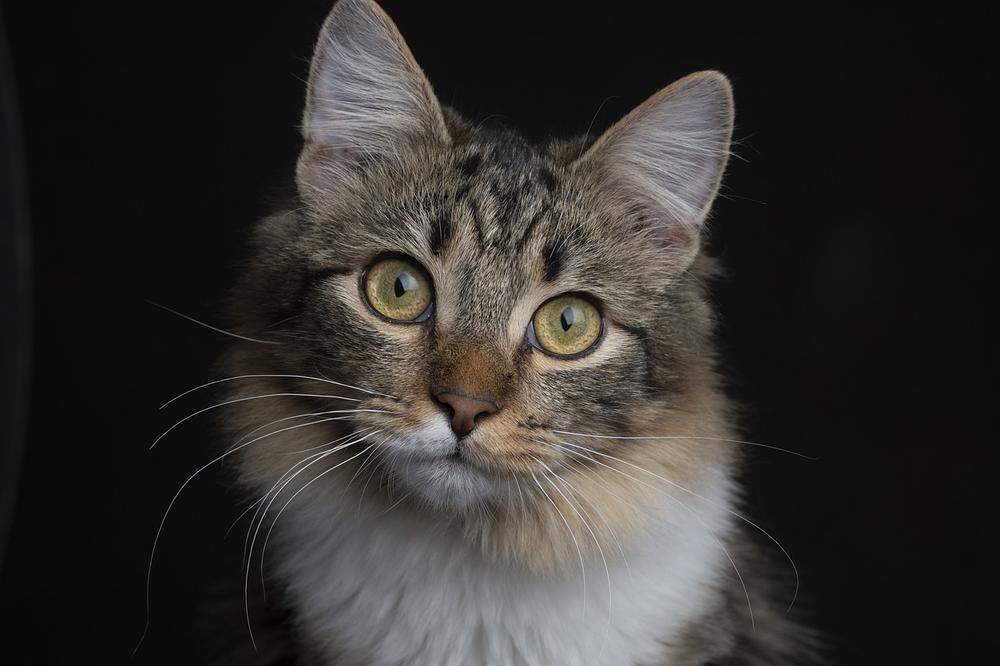
However, there are other reasons why your cat might drool as well.
For example, if your cat consumes unpleasant food or toxins, drooling may be their response to get rid of the taste.
Similarly, fear or stress can cause uncontrolled drooling and purring in cats. So, keep an eye out for these signs, especially in situations like car rides or vet visits.
While drooling at the sight or smell of food is not very common in cats, it can still happen.
And yes, stress or fear may temporarily cause a cat to drool as well.
So remember, if your cat drools while purring and kneading, don't worry.
It's usually a sign of happiness and contentment.
Just enjoy the moment together and embrace the slobbery affection from your furry friend.
Now, here's the deal:
While drooling and a running nose in cats during kneading can be signs of happiness, there might be situations where drooling is not as innocent.
Let's dive into the potential underlying causes of excessive drooling in cats to understand when it may be necessary to seek veterinary attention...
Why Is My Cat Drooling While Purring?
Cats drooling and having a running nose while kneading could mean they're happy, not sick.
When cats purr, they may get so blissfully content that they forget to swallow their saliva, resulting in drooling. While it's understandable to be concerned about excessive drooling and nasal discharge, in this scenario, it's likely just a sign of contentment. So next time you see your kitty happily kneading away with a wet chin and a runny nose, know that they're simply lost in their purring world and enjoying life to the fullest.
Drooling Medical Conditions
Excessive drooling in cats can indicate various medical conditions and should not be ignored.
Here are some additional details to help you understand this issue better:
- Dental problems such as ulcers, gum disease, lesions, and infections may cause drooling. These require veterinary attention to prevent further complications.
- Sickness or pain can also lead to excessive drooling. It is essential to get your cat checked by a vet if drooling persists.
- Cats may drool excessively due to ingesting toxic substances or having foreign bodies stuck in their mouth, like strings or toy parts. Immediate veterinary care is crucial in these cases.
- Excess salivation can occur due to nausea, vomiting, poor appetite, or mouth injuries. Observing these symptoms indicates the need for a visit to the vet.
Any constant or abnormal drooling in cats should be evaluated by a veterinarian.
Prompt action is vital to ensure your cat's health and well-being. 😺
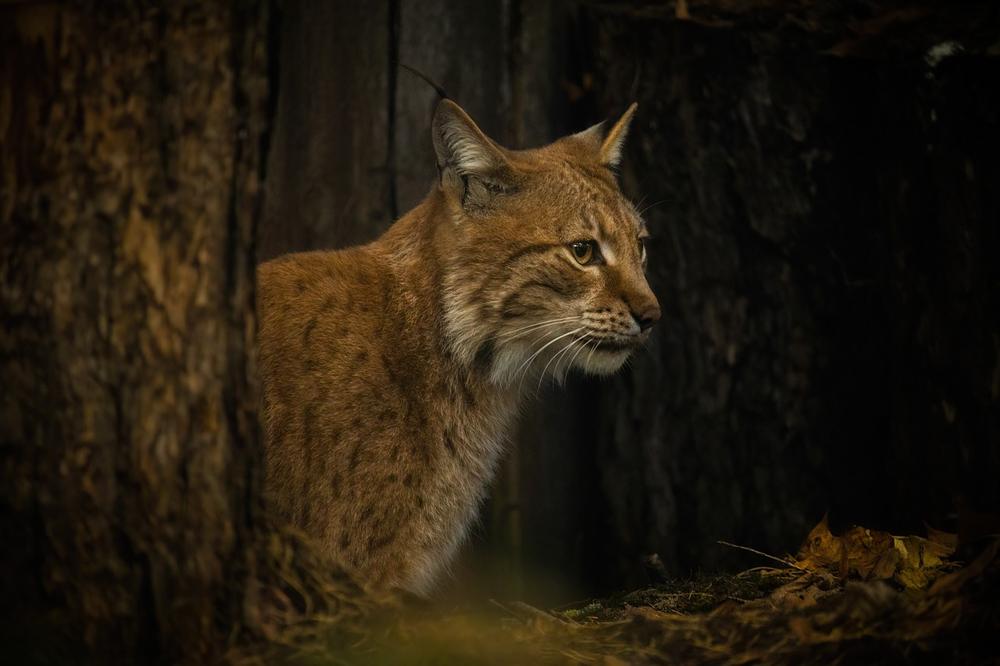
I highly recommend delving deeper into the fascinating world of cats' behavior by reading my article on Why Do Cats Noses Get Wet When They Purr.
You, like me, may have wondered about this intriguing phenomenon.
Discover the secrets behind why your furry friend's nose gets moist as they purr, and satisfy your curiosity by exploring the fascinating insights offered in my blog post.
Don't miss out on unraveling the mysteries of feline behavior!
What Should I Do if My Cat Drools When She Purrs?
If your cat drools when she purrs, don't panic!
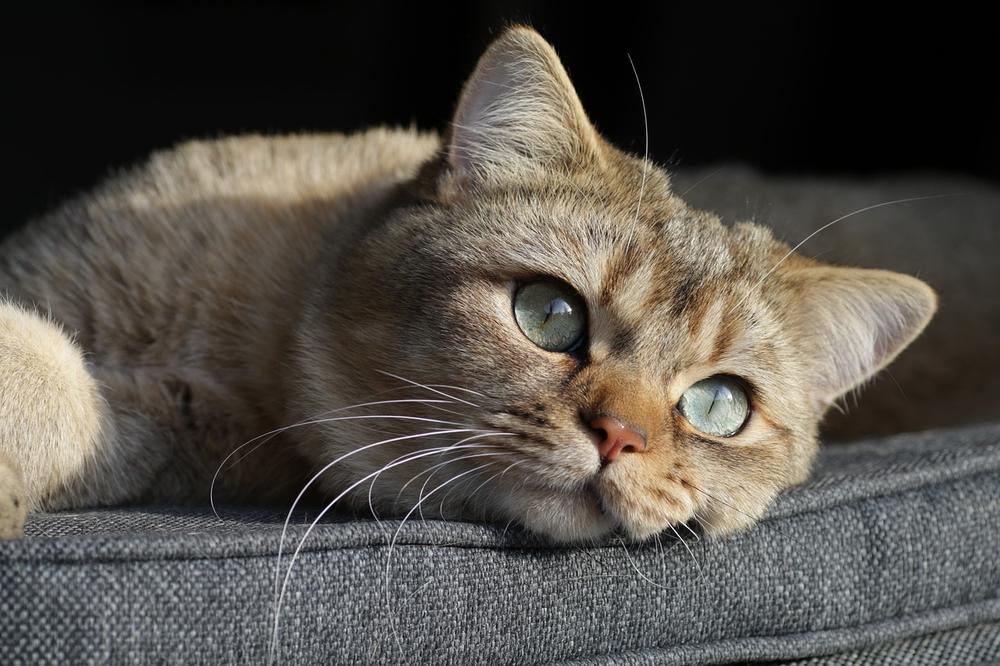
Here are some things you can do to address this issue:
- Check for any discomfort or pain: Sometimes drooling can be an indicator of dental problems, mouth ulcers, or gum infections. Look for signs of redness, swelling, or bad breath. If you notice anything unusual, it's time for a trip to the vet.
- Watch their food and drink intake: Certain foods can cause excessive drooling in cats. Try changing their diet and see if that makes a difference. Additionally, make sure they have access to fresh water at all times.
- Keep their stress levels low: Cats are sensitive creatures, and stress can trigger excessive drooling. Provide a cozy space for your cat to relax, away from loud noises or other potential stressors.
- Regular grooming: Make sure to keep up with your cat's grooming routine. Overgrown fur around the mouth can trap moisture, leading to drooling.
If drooling continues or worsens, it's always best to consult with a veterinarian to rule out any underlying health issues.
Reason Why Cats Drool When They Purr Is Just Too Sweet
Cats drool when they purr because they forget to swallow
Cats drool when they purr because they get so caught up in the moment that they forget to swallow their saliva.
So, if you find yourself getting a little wet during those adorable purring sessions, it's just your cat being carried away with happiness and love.
Purring has positive effects on cats
Believe it or not, when cats purr, it actually makes them feel good.
It releases endorphins, which are like little happy hormones.
These can help ease any discomfort your cat might be feeling and even help them heal faster.
So, when you hear your furry friend purring, know that it's their way of taking care of themselves and letting you know they're content.
Cat drool is a sign of love and affection
Now, let's talk about what happens when your cat decides to share their drool with you. If your kitty drools on you while purring, consider it a special honor.
This slobber is actually a sign that your cat loves and adores you.
It means they feel safe, secure, and completely comfortable around you.
So, embrace that drool with open arms (and maybe keep a towel nearby) - it's a clear indication that you have a strong and loving bond with your feline friend.
And that wraps up today's article.
If you wish to read more of my useful articles, I recommend you check out some of these: Is It Safe to Kiss Your Cat on the Nose, Older Cat Shedding Excessively, Do Cats Like Fans, Do Cats Pant When Hot, and Do Cats Purr When They Are Sick or in Pain
Talk soon,
-Sarah Davis